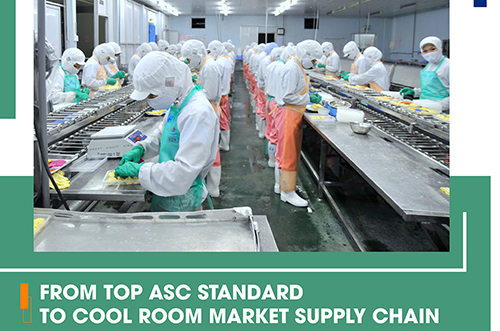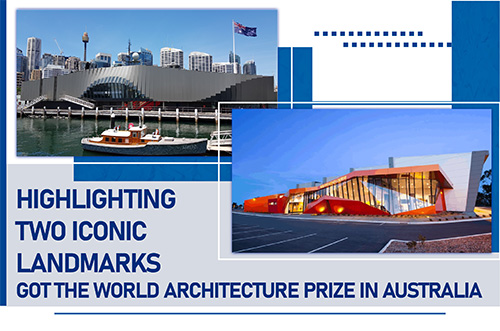
Singapore is currently known as a hub for economics, finance and commerce of Asia and also rated as the best country to live in the world. According to analysts, Singapore success is contributed by many factors, in which one of critical factors is the effective administration apparatus and strict corruption control.
The economic analysis reports unveiled that when independence was obtained in 1965, Singapore was characterized by a low-income country with poor and inadequate infrastructure, modest investment and lack of employments. Corruption was also a very serious problem. However, just some decades later, Singapore has become one of the richest countries in Asia. Its keys to success includes effective public administration apparatus and strict corruption control.

When Singapore’s public administration apparatus was referred, a relatively interesting comparison was made by Mr. Kenneth Stowe, Former Standing Secretary of UK Department of Health and Social Care (DHSC) (1981-1987). “Effective and proper public services shall be a good piano and Singapore owns an administration apparatus releasing such wonderful music.”

The year 1995 was recorded with Singapore Government’s commencement of the “21st Century Public Service”. During launch, “consultancy method” was applied to the State management system as a whole. Such method enhanced the local persons’ awareness in involving with the country development and management. Such involvement made a significant contribution to the great shift of public service supply and management attitudes in the country reform.
Moreover, “no improper door” or so-called as “no incorrect door” policy was introduced in 2004 by Singapore and actively involved by the local residents. Accordingly, when the public feedback on the Government Official’s imperious and harassment attitudes, the responsible authorities must contact with the comment sender and then work closely with the relevant agencies to promptly solve the problem. This facilitated to create a good habit for the public officials to be aware of “customer service is the top priority” significance so that the public service was much healthier and more effective. Singapore’s policy enforcers were facilitated to have extremely high competence thanks to great concentration on talent, moral and training regulations in Singapore’s administration apparatus.
Analysis results and role comparison of administration apparatus in enforcing policies in five ASEAN country members (namely Singapore, Malaysia, Vietnam, Philippines and Indonesia) unveiled that Singapore is recognized with the highest effective enforcement performance thanks to advantageous policies and effective public administration apparatus.

Singapore was not only praised for an effective pubic administration apparatus, but also highly appreciated as a country with a healthy. Upon undertaking of PAP of the Prime Minister Lee Kuan Yew in 1959, anti-corruption objectives were set forth to fulfill the development goals. Accordingly, new anti-corruption law was promulgated with 32 sections (instead of previously 12 sections). The new law was characterized by a series of important amendments such as increase of penalty, or recovery of all paid amounts from the bribe receiver. A person may be charged with corruption offence even when the bribe has not been successfully received by such person. Citizen convicted with foreign bribe offense may be treated as a domestic violation. Especially, Corrupt Practices Investigation Bureau (CPIB) was also empowered to investigate “all bank accounts” of suspected crime. Enforcement of anti-corruption law in fact was especially focused and applied to both public and private sectors, including the Government officials.

Keeping the political system healthy not only facilitated Singapore’s socio-economic sustainable development but also maintained and protected the national prestige in the international arena. Currently, Singapore acts as the world’s biggest transit container terminal to be globally connected with over 600 terminals. Particularly, Singapore Changi Airport is voted as one of the best international airports in the world, serving 65.5 million of persons in 2018. Finally, Singapore’s commercial value in 2017 grew 3.5 times of its GDP.








Comment